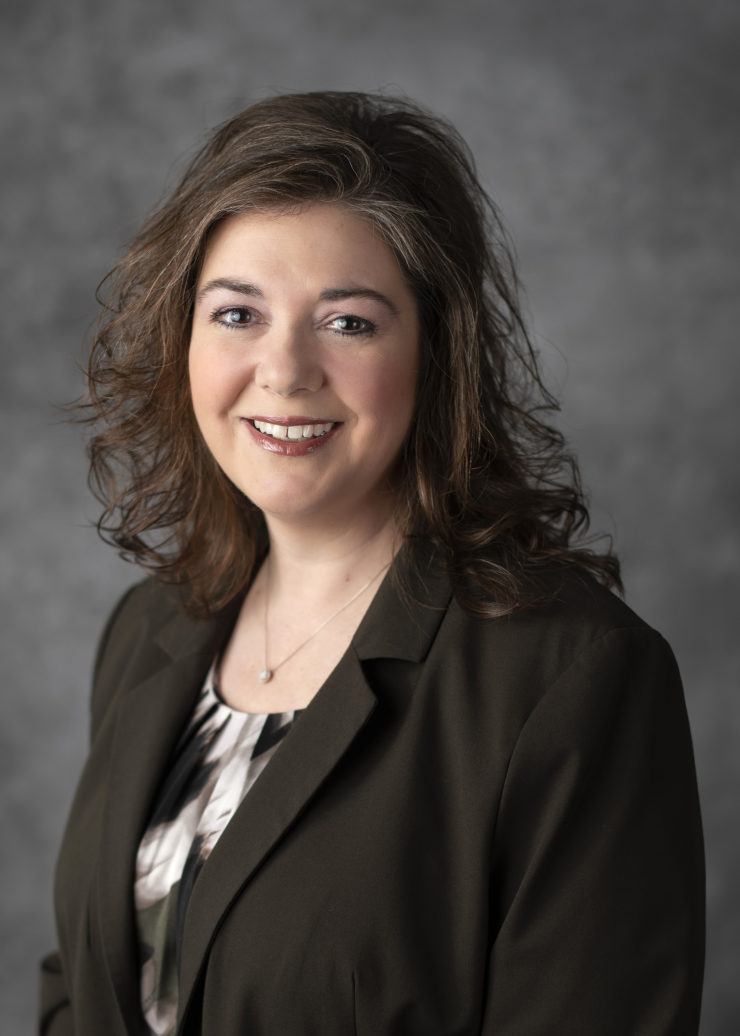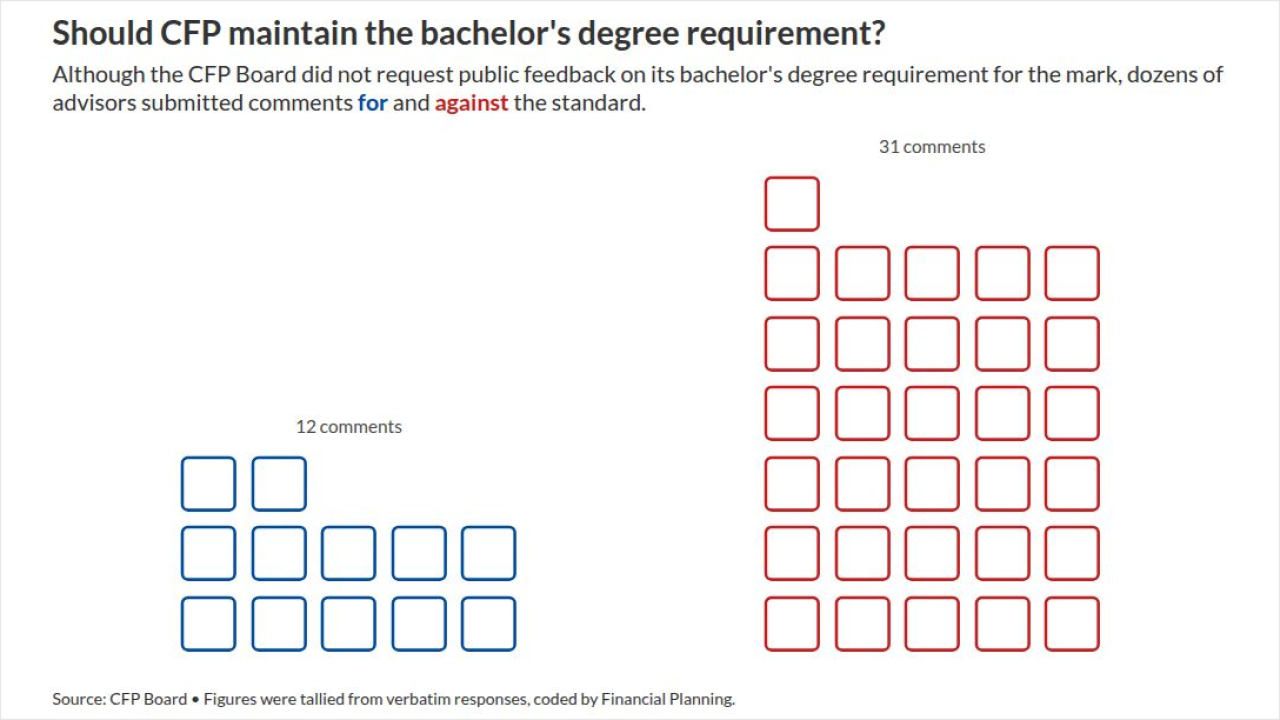As fall weather rolls around and clients' children go back to school, college application season is about to get underway — a high-stress, high-stakes time where advisors can add value.
In fact,

Rachel Biar, assistant state treasurer in Nebraska and chair of the College Savings Plans Network, said in an interview that advisors can help clients fit education savings goals "into that overall family budget discussion. You're going to save for your daily needs, but you're also going to have to save for your retirement needs, and then education." CSPN is a national nonprofit that provides official information about 529 plans and how to use them for education expenses; it affiliates with the National Association of State Treasurers.
Experts spoke with Financial Planning on how advisors can get started with education cost planning. Below are considerations they shared on two key areas: 529 plans and the FAFSA.
Consider a 529, even if clients think it's 'too late'
One of the most commonly used vehicles for college, the 529 plan, is often misunderstood among advisors and clients and underestimated for the flexibility and power it offers, according to Stephen Jobe, the senior vice president of Vestwell State Savings.

"I have heard for decades now, even advisors sometimes don't understand that a 529 actually has pretty minimal impact on a family's ability to get financial aid — probably not grants, but loans. And that's because it's treated as an asset of the parent," said Jobe.
While a small percentage of the money in a 529, 5.6%, would "be expected to be contributed to the cost of college," most of it will not count against the family, Jobe said. "There's probably no better way, if you're fairly certain that your child is going to go to college, than to use a 529 to shield those monies from ongoing taxes on a yearly basis." The 529 funds can be invested, allowed to compound over time and later withdrawn tax-free if used to pay for qualified educational expenses; many
READ MORE:
While ideally a 529 would be started early in a child's life so the money can compound over time, Biar said that even opening one in that child's senior year of high school is not too late. "I talk to parents who feel like, 'Hey, we just learned about a 529, and we feel like we are late because my student is a senior in high school.'"
The in-state tax benefits can be significant, Biar said, and enough on their own to give 529s a look. "In my home state here in Nebraska, you can get
In addition, Biar said if parents of high school seniors invest money in a 529, it will still have time to grow if their student gets scholarships that fund more of their first and second year of college at a four-year institution, for example. And if the student knows for certain they will attend graduate school in a few years, then the time horizon for investing may be extended as much as seven years, Biar said — or even more if the child takes a break in between.
Jobe said that advisors can talk through the pros and cons of different state 529 plans with clients, with tax benefits being one of the biggest factors to weigh. "There are some states that offer state tax deductions that are not terribly generous. … Sometimes it makes sense to go into a plan in another state." He added that fees should be weighed against useful features, such as access to broader investment options. "I don't necessarily advocate going with the cheapest plan, because fees are only an issue in the absence of value."
Fill out FAFSA early — even if unsure you'll get aid
Just as important as saving and growing one's own funds for college bills is the power of fundraising for it, whether through outside scholarships or financial aid from schools.

The most well-known financial aid application is the Free Application for Federal Student Aid (FAFSA), which allows students to receive aid in the form of grants or loans from the government — and
Families might still be eligible for federal aid in some form even if they think they're not, according to Kyle Deal, a certified financial planner who is a
"The earlier you file for FAFSA the better, even if you don't think you will receive anything from the government," Deal said, adding that many schools base their scholarships off of FAFSA.
"Sure, it might be unlikely your child is going to get a full ride based off of your income needs, but they may be eligible for $500 or $1,000, and every little bit helps when paying for college."
Advisors can help parents exclude certain retirement assets from the FAFSA, by reviewing
READ MORE:
After submitting the FAFSA, Deal said, he recommends calling the school in question directly. "I've found that clients were able to work with the dean's office to find scholarships for their kids as well. Ultimately it is about working with the resources provided to you and not being afraid to call someone and ask for help."







